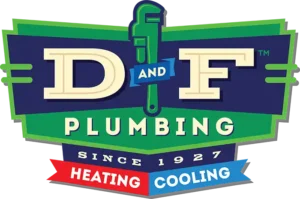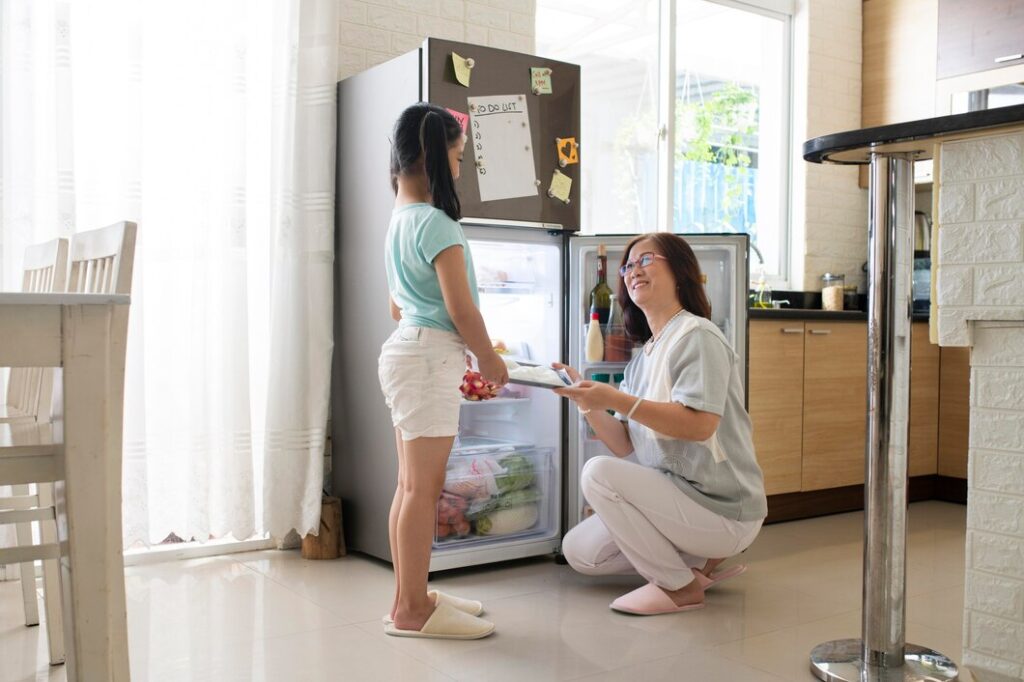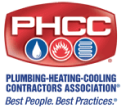Installing appliances in a home can come with various challenges that may affect their performance and longevity. Whether it’s a new dishwasher, washing machine, or refrigerator, proper installation is crucial to ensure these appliances work efficiently. Understanding the common issues that arise during installation can help homeowners avoid costly repairs and ensure the appliances operate smoothly.
One frequently overlooked factor in appliance performance is the quality of the appliance connection during installation. Even when an appliance is new and functioning correctly, improper connections—whether electrical, water, gas, or drainage—can lead to inefficiency, leaks, or early failure. Paying close attention to how residential appliance connection points are installed helps reduce long-term issues and improve overall reliability.
One of the frequent problems encountered is related to electrical connections. Incorrect wiring or poor connections can cause appliances to malfunction or even pose safety risks. Ensuring that appliances are correctly wired and connected to the power supply is vital for their safe and efficient operation.
Electrical Connection Problems
Electrical connections are a common issue in residential appliance installations. Incorrect wiring can lead to appliances malfunctioning or can even be a safety hazard. One of the main problems we see is loose or improperly connected wires. This can cause appliances to short circuit or fail to operate altogether. It’s essential to ensure that all wires are securely connected and that the connections match the appliance’s specifications.
Another frequent issue involves using the wrong type of electrical outlet or circuit. Some appliances require a specific voltage or dedicated circuit to function correctly. For instance, a dryer might need a 240-volt outlet, while smaller appliances like microwaves typically use standard 120-volt outlets. Ensuring that the right outlets and circuits are used is crucial for the safe and efficient operation of the appliances.
To ensure proper electrical connections, we follow a few essential steps. First, we always double-check the wiring diagrams provided by the appliance manufacturer. This helps us ensure that every wire is connected correctly. Using quality connectors and ensuring that no wires are exposed is also vital. We also recommend using a voltage tester to confirm that the outlet provides the correct voltage before plugging in the appliance. By taking these precautions, we can prevent most electrical connection issues and ensure that appliances operate safely and efficiently.
Water Supply and Drainage Issues
Water supply and drainage issues are common concerns when installing appliances like dishwashers and washing machines. One frequent problem is an insufficient water supply. This can occur when the water supply line is kinked, clogged, or incorrectly connected. Insufficient water flow can lead to poor appliance performance or damage over time. Ensuring that the water supply line is free of obstructions and properly connected is essential.
Another common issue is improper drainage, which can result in leaks, flooding, or damage to both the appliance and surrounding areas. This often happens when the drainage hose is not correctly secured or is positioned improperly. Ensuring proper drainage involves checking the hose for any kinks or bends that could restrict water flow. Additionally, the hose should be securely attached to both the appliance and the drainage point to prevent leaks.
To address water supply and drainage issues, we recommend following several important steps. First, we check the manufacturer’s guidelines for the correct installation of water supply lines and drainage hoses. Using high-quality, flexible hoses can help prevent kinks and ensure a steady water supply. Regularly inspecting and cleaning the hoses can also prevent blockages and maintain efficient water flow. By taking these preventive measures, we can help ensure that appliances receive a consistent water supply and drain properly, minimizing the risk of leaks and damage.
Appliance Connection Problems During Installation
Beyond individual electrical or plumbing components, overall appliance connection issues are a common cause of installation-related problems. These issues often occur when connection points are rushed, mismatched, or not fully secured during setup. Even minor connection errors can affect how well an appliance operates over time.
In some homes, multiple appliances may share water or utility lines. When appliance connection points are not properly balanced or sealed, this can lead to pressure inconsistencies, unexpected shutdowns, or gradual wear on internal components. These problems may not be immediately noticeable but can result in higher energy use and reduced appliance lifespan.
Ensuring all connection points are compatible, secure, and aligned with manufacturer recommendations helps prevent these issues. Professional installation can identify potential connection problems early, reducing the likelihood of leaks, inefficiency, or future repairs.
Incorrect Appliance Positioning
The placement of appliances within a home is crucial for their optimal performance and accessibility. Incorrect positioning can lead to a range of problems, from operation inefficiencies to physical damage. Appliances need to be placed in locations that provide easy access to electrical outlets, water supply lines, and drainage systems. This ensures that they function as intended without causing any inconvenience.
Improper positioning can also cause vibrations, noises, and even potential hazards. For example, placing a washing machine on an uneven surface can create excessive vibrations and noise during operation. This not only impacts the efficiency of the machine but can also cause damage to the flooring and nearby structures. Refrigerators need to be positioned away from heat sources, as excessive heat can force the appliance to work harder, reducing its lifespan and efficiency.
To address these issues, we recommend a few key steps. First, always measure the space where the appliance will be placed to ensure a proper fit. Make any necessary adjustments to the placement to ensure the appliance is level and secure. Use leveling tools to adjust the feet of the appliance if needed. Ensure that there is adequate space around the appliance for ventilation and maintenance. By taking these precautions, we can ensure that appliances are correctly positioned, leading to better performance and longer operational life.
Ventilation and Airflow Concerns
Proper ventilation and airflow are essential for the efficient operation of many household appliances. Inadequate ventilation can lead to overheating, shortened appliance lifespan, and even safety hazards. Appliances such as dryers and refrigerators require sufficient airflow to function effectively. For dryers, ensuring that the vent is clear and properly connected is vital to prevent lint buildup, which can be a fire hazard and reduce the dryer’s efficiency.
Refrigerators need adequate space around them to allow for proper air circulation. Insufficient airflow can cause the motor to overheat, leading to increased energy consumption and a reduced lifespan for the appliance. Poor ventilation also impacts the efficiency of heating and cooling appliances, causing them to work harder and use more energy.
To maintain proper ventilation and airflow, follow these steps. First, ensure that the appliance’s manufacturer guidelines are followed regarding spacing and ventilation requirements. Clean vents and filters regularly to prevent blockages and maintain efficient operation. If installing a dryer, make sure the exhaust vent is installed correctly and check it periodically for any blockages. For refrigerators, leave sufficient space around the unit for air to circulate freely. By prioritizing these measures, we can ensure that appliances have the ventilation and airflow they need to operate efficiently and safely.
Conclusion
Addressing common issues in residential appliance installation is crucial for ensuring that appliances function efficiently and have a long lifespan. Proper electrical connections, water supply, drainage, correct positioning, ventilation, and secure appliance connection points all play a vital role in successful installation. When appliance connection issues are addressed early, homeowners can reduce the risk of unexpected breakdowns and costly repairs.
Our professionals at D&F Plumbing, Heating and Cooling are experienced in handling all aspects of appliance installation. We ensure that your appliances are installed correctly and safely. Contact our plumber in Portland, OR today for expert assistance with your plumbing, heating, and cooling needs. Let us help you achieve a trouble-free appliance installation.

















